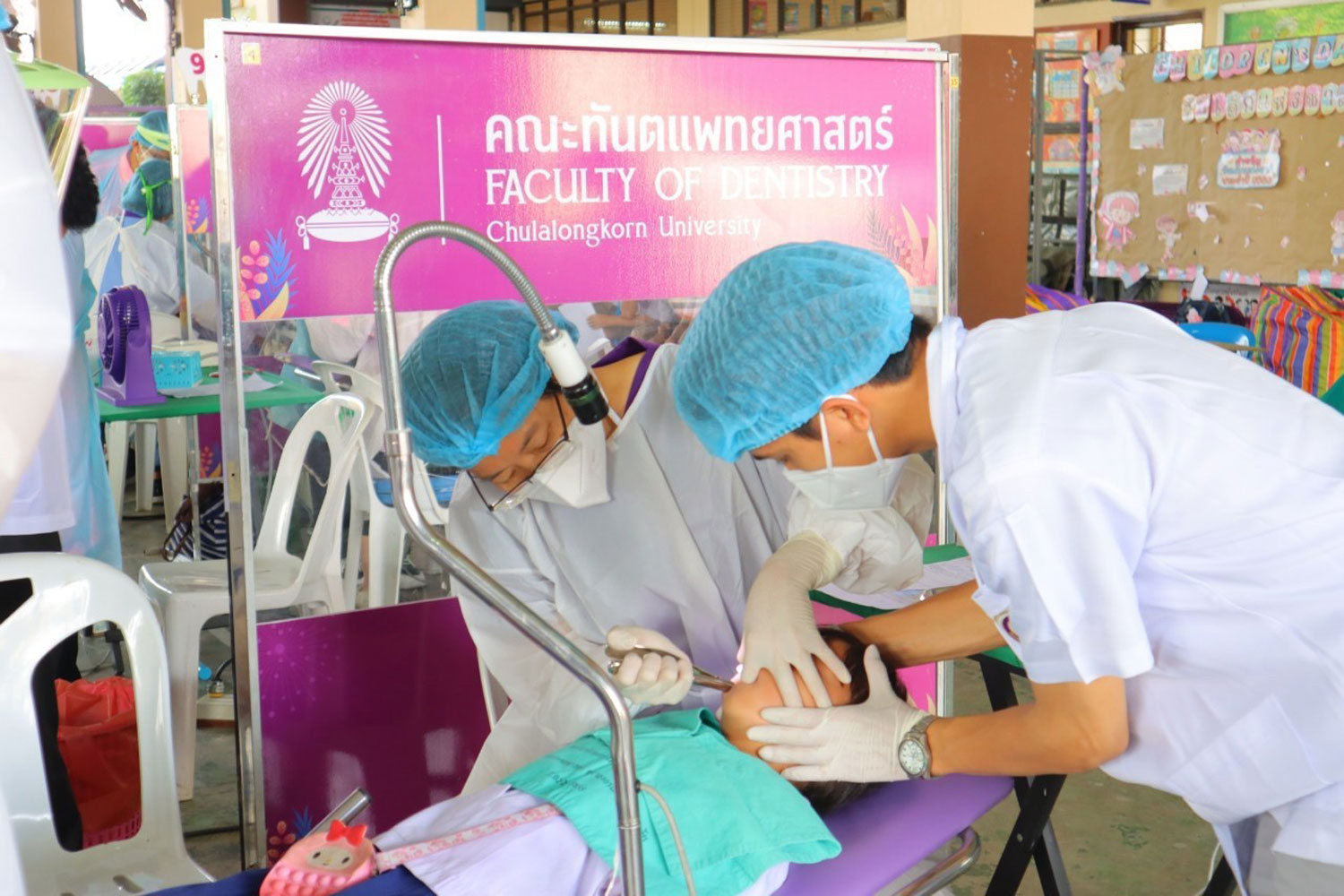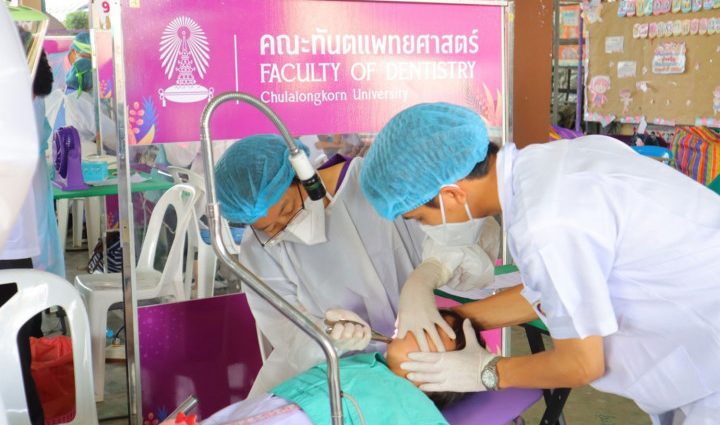
Chulalongkorn University’s Faculty of Dentistry has ranked 70th according to the QS World University Rankings by Subject, affirming its aggressive pathway to be a leader in dentistry science and innovation.
Pornchai Jansisyanont, dean of the faculty, said it is the first such faculty in Thailand to ascend to such heights, which serves as a reward for its mission to enhance the power of research that can lead to creative innovation.
He said the faculty pocketed a high in terms of its academic reputation and research works, many of which have been referred to by other researchers and published articles. The faculty has produced 190 papers a year, and almost one-quarter are regarded as high quality by its peers, he said.
Moreover, the share of its papers that it published in Scopus, a multidisciplinary citation database of peer-reviewed literature, rose from 30.61% in 2021 to 75.51% in 2022, Mr Pornchai said.
“Thanks to our former deans who focused on creating a research climate at the faculty, we have had many reliable pieces of research accepted by international communities,” he said.
“Our lecturers and researchers have been working with outside partners to develop innovative items to elevate dentistry science in the country.”
He said it is the faculty’s policy to shift research to innovation, which can help drive the economy by resulting in more start-ups generating income and creating jobs.
The faculty has set up a holding company to translate its research into a business platform, he said, adding this means it will be able to attract researchers to do more jobs to satisfy demand on a commercial scale.
Regarding innovation, he said the faculty, in collaboration with the National Science and Technology Development Agency (NSTDA), has developed nano-hydroxyapatite to restore minerals to people’s teeth.
This innovative substance will be included in the faculty’s new toothpaste product that it plans to launch on the market shortly, he said.
It also worked with its partner PTT to develop an AI program in an attempt to facilitate a more inclusive dental service to more people, including developing chatbot software to give information to patients.
He said the faculty had sought collaboration from outstanding international universities for further academic and research cooperation.
It has also provided a combined programme to upskill students so they can achieve multi-disciplinary careers in the future, such as adding courses in public health management, engineering and an MBA, Mr Pornchai said.

